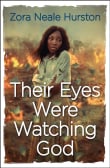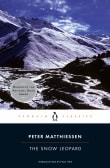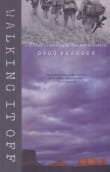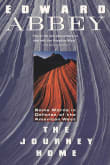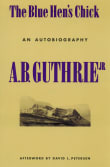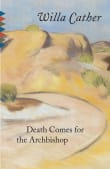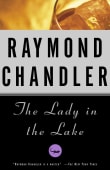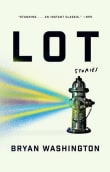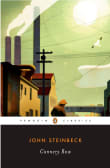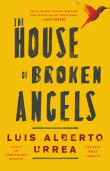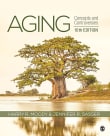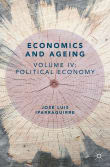Angle of Repose
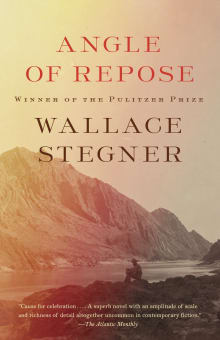
Book description
The novel tells the story of Lyman Ward, a retired professor of history and author of books about the Western frontier, who returns to his ancestral home in the Sierra Nevada. Wheelchair-bound with a crippling bone disease, Ward embarks nonetheless on a search to rediscover his grandmother, no long dead,…
Why read it?
4 authors picked Angle of Repose as one of their favorite books. Why do they recommend it?

Susan Ward joins her husband, a mining engineer, at a mercury mine near San Jose, California, coming west from New York.
She is an illustrator and writer and, as her grandson tells it, never completely adjusts to life in the West. We get much description of California, however, in the layered times in which her story is told. She and her husband settle in Grass Valley, where her husband works for quartz and gold mines.
Wallace Stegner’s use of Mary Hallock Foote’s memoir and diaries as the basis for this story is still controversial. Foote lived from 1847 to 1938…
From Connie's list on deepening your understanding of California history.

I was in my mid-twenties when I fell under the sway of the old-school master of western writing, Wallace Stegner. His Angle of Repose is a triumph, mixing elements of failed love and mine engineering to tell a tale in which the raw material of the West is carved into its modern shape. The story captures the struggles of marriage and tribulations of making a home out on the frontier of American civilization. Concrete is invented, no less.
From Mark's list on that capture building/making.

An “angle of repose” is the steepest angle at which loose material, such as sand, can be piled without slumping. Stegner chose an explicit term of geology and soils science as the metaphor for this love story. His protagonists, a restless miner and his Yankee wife, dwell in the mountains of California, Colorado, and Mexico as they build, betray, and somehow sustain their marriage. Stegner evokes the voracious appetite of the mining companies, the destruction caused by mining operations, the challenges of living on mountain edges, and the sharp beauty of western North America, all central themes of environmental history.
From Julie's list on stealth environmental histories.
If you love Angle of Repose...

Stegner was one of several writers who influenced Edward Abbey, and therefore Doug Peacock. Published in 1971, Angle of Repose was awarded the Pulitzer Prize in 1972. The writing is efficient and as beautiful as the region it describes. Stegner’s love of the people and landscape in western North America rings true in this book. Stegner’s impact on Abbey and Peacock is as clear as his writing.
From Guy's list on the beauty and power of the American West.
If you love Angle of Repose...
Want books like Angle of Repose?
Our community of 12,000+ authors has personally recommended 100 books like Angle of Repose.



